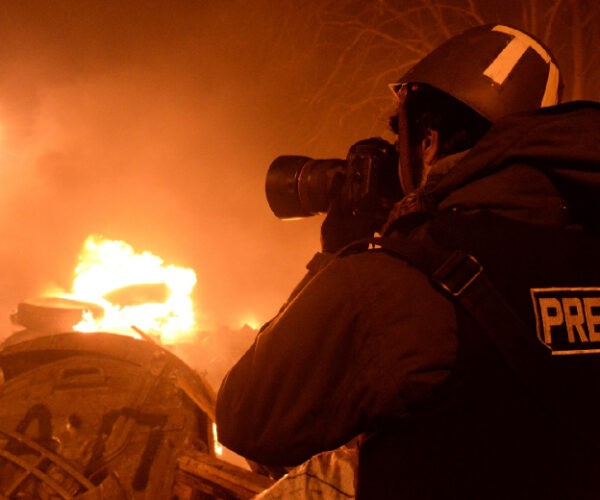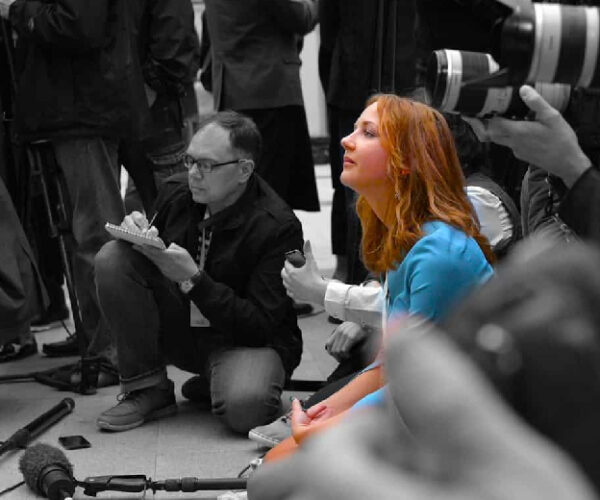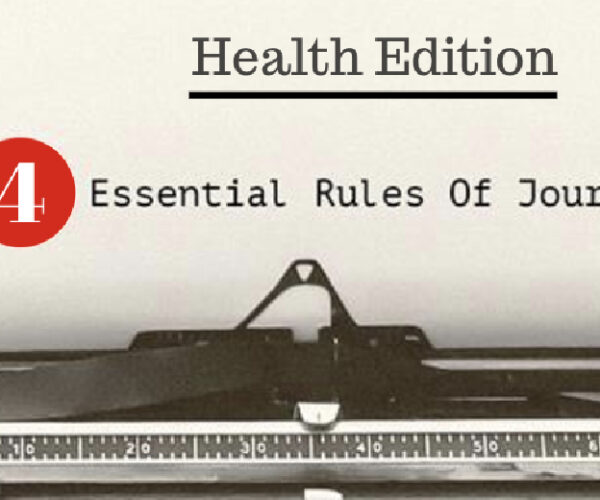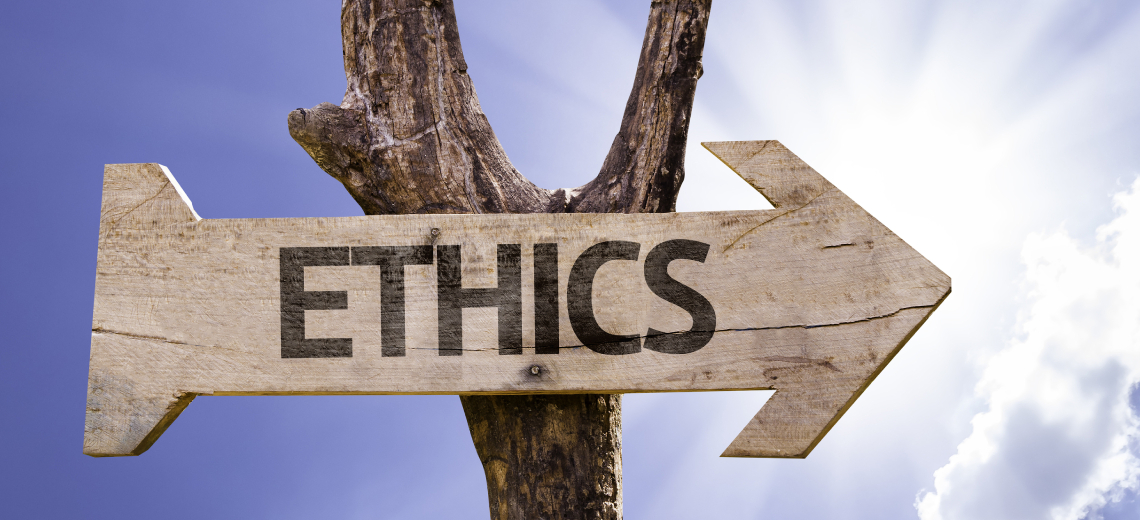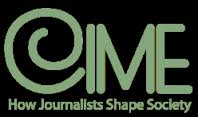 Winner video of the Media Ethics Cine – the first media ethics short video contest of the Center for International Media Ethics (CIME). Created by Alexandru Lupica from Romania.
Winner video of the Media Ethics Cine – the first media ethics short video contest of the Center for International Media Ethics (CIME). Created by Alexandru Lupica from Romania.
Holding the Audience Accountable: Twitter and Ethics Online
After Kayne West drew media attention for proclaiming at the VMA awards that Beyonce should have won instead of Taylor Swift, Twitter and other social media websites erupted in such a chorus of criticism that President Obama himself called West a “jackass.” What is the role of social media in journalism today and how much accountability should rest with websites such as Twitter and Facebook? And if they are largely accountable, are users socially responsible to uphold the same code of ethics that professional journalists are expected to adhere by?
Social Responsibility in a Media Organization: Pakistan

Pakistan’s SAMAA TV is an example of a media company taking social responsibility, in this case to help fight polio. Not only is SAMAA “providing minute to minute” news, but also says it’s the most “socially responsible” media company in the country. SAMAA has strong ties with its audience and in collaboration encourages new projects and innovation in Pakistan. Is this approach to social responsibility effective for a media organization, and what other methods might one imagine implementing?
What does ‘Off the Record’ mean?
Tucker Carlson, an American talk show host, interviews Gerri Peev on why she chose to report an off-the-record comment made by former Obama advisor Samantha Power about campaign rival Hilary Clinton. Carlson and Peev debate American and British journalistic views of “off the record.” Peev put an “off the record” comment on the record, arguing it was her responsibility to report the strongly-expressed opinion of someone advising the potential next President of the United States. Do you agree with her defense?
One Guide Through the Maze
Reuters Global Editor for Ethics Dean Wright walks viewers through the basics of the Reuters Handbook, now available online for students, journalists and professors. In the brief tour he explains how and why it’s an important tool for keeping the trust of Reuters’ audiences. What do you know about the ethics codes of your past or previous professional journalism organization? Are there any points in those codes with which you disagree?
Investigative Journalism 101
Veteran Washington Post investigative journalist Bob Woodward discusses the importance of fact-checking and getting his “a** out of the chair” to avoid complacency in reporting news stories. What does complacency mean in journalism, and what are some of its dangers?
Find Out More About : News Anchoring
Rwanda and the Ethics of “Ambushing”
Note: this video can be very slow to load
The narrator uses the “Potter Box” ethics model to study the case of an NBC News program profiling an alleged Rwandan war criminal. The video’s producers allege that NBC was guilty of creating a story with the assistance of the Rwandan government rather than reporting it. Neither “ambushing” nor acting independently of sources are considered ethical journalistic practices. Do you know of other cases when this error has been made in reporting?
Digital Tampering: Are We Really in the Picture?
Digital tampering compromises the historical integrity of truth in documentation. The video’s makers offer some compelling examples and some controversial practices to make their point: placed in the wrong editorial hands, any photo these days can be altered digitally to make the means fit the ends. Have you ever seen a photo published by the news, tampered or not, that should have been presented differently?
The Listening Post – The ‘hearts and minds’ of Operation Moshtarak – Part 2
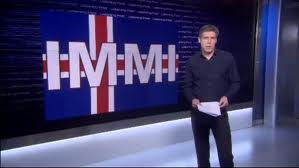 The IMMI, Icelandic Modern Media Initiative, has received attention world-wide for its “simple and ambitious” intentions. It aims to be a holistic media law that would make Iceland the most progressive country for journalists, protecting them from strong libel laws, and thus making the northern state a safe haven for investigative journalists.
The IMMI, Icelandic Modern Media Initiative, has received attention world-wide for its “simple and ambitious” intentions. It aims to be a holistic media law that would make Iceland the most progressive country for journalists, protecting them from strong libel laws, and thus making the northern state a safe haven for investigative journalists.
The law developed in reaction to public outrage in Iceland over being denied information about banking and political fall-outs. IMMI will endeavor to protect freedom of expression for journalists, particularly by providing more protections for sources and whistle-blowers.
The IMMI has a number of unique features that make it relevant on a global scale. With an eye to producing a high level of standards, it incorporates and compares international media codes world-wide. Additonally, the IMMI’s proposal notably calls for a server to be based in Iceland that would host sensitive content available world-wide, and kept “out of reach” from repressive governments.
If this initiative were to become law, proponents believe that it would only improve Iceland’s economy by attracting foreign investors as well as increasing employment, growth, and government transparency.
The law will be voted on by Members of Parliament in April and May. If the IMMI were to pass, this could possibly put Iceland back in the higher ranks of freedom of expression, world-wide.

